
You won't learn a language studying abroad unless …
Studying abroad won't necessarily make you fluent. Here are 5 tips for making the most of your study abroad experience so you can actually learn a language.

Studying abroad won't necessarily make you fluent. Here are 5 tips for making the most of your study abroad experience so you can actually learn a language.

The Flashcards Guru discusses the subject of using flashcards with children. Are they effective? What are the best methods?
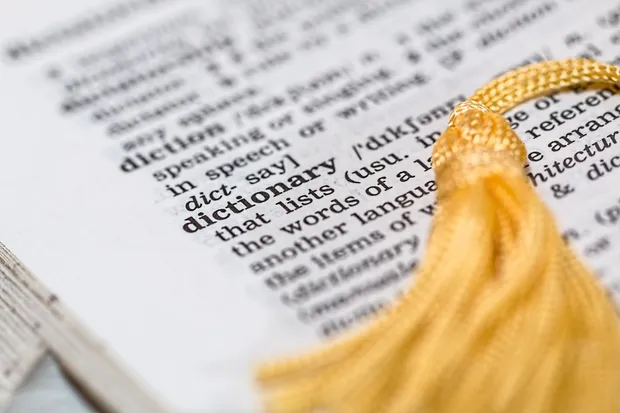
Some of the most interesting words in the world are those in other languages that don't translate directly to English. Here are our favourites!
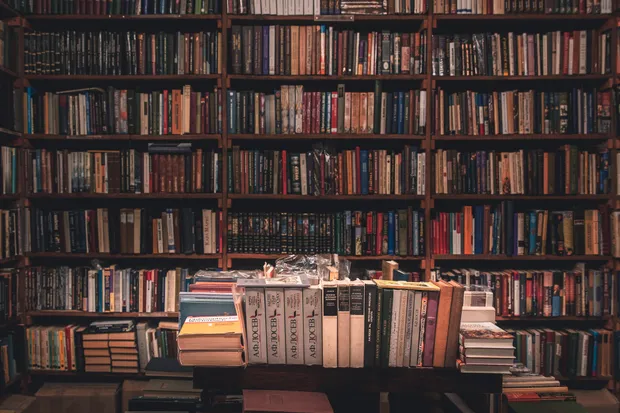
Having a strong vocabulary will give you a special edge. Here are the top five reasons to study vocabulary as well as the most effective ways to do it.

Are you learning a second language? Finding that your accent hard to shake? Here's why.
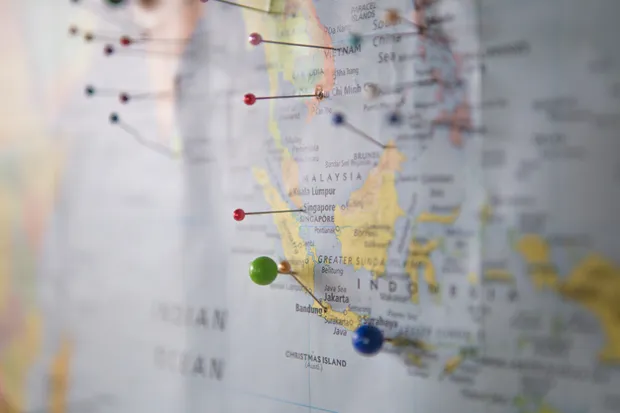
Most people don't have a good grounding in geography, even though it's super important. Is that you? Here's how to learn Geography quickly.
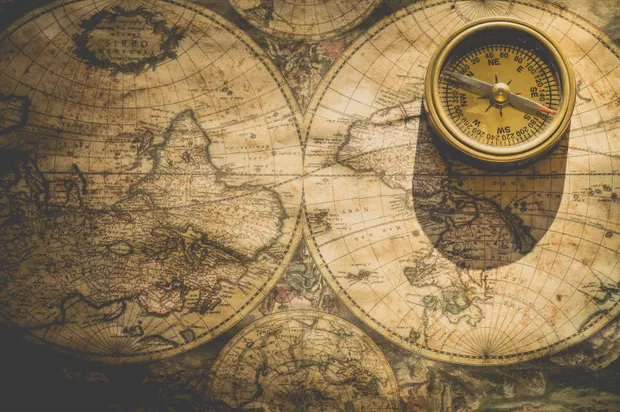
Geography is an overlooked, but hugely relevant and important kind of knowledge. Here are our top 9 reasons why you should study geography.
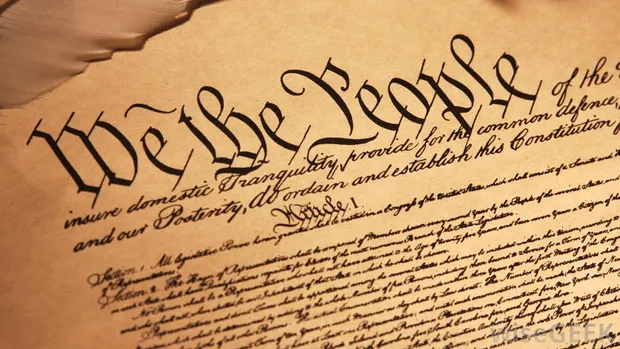
We were inspired by the anniversary of the signing of the U.S. Constitution to bring you 13 fun facts about the famous document.

Summer break is fun and vital for growing brains. But without educational stimulation students get "summer brain drain". Here's how to strike a balance.
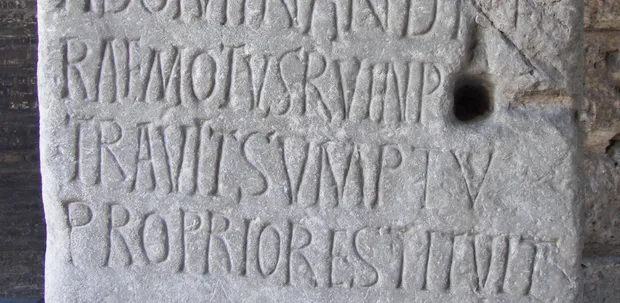
Latin is long dead but still plays an important role in our lives today. Here's our list of the top 25 words we borrowed from Latin.
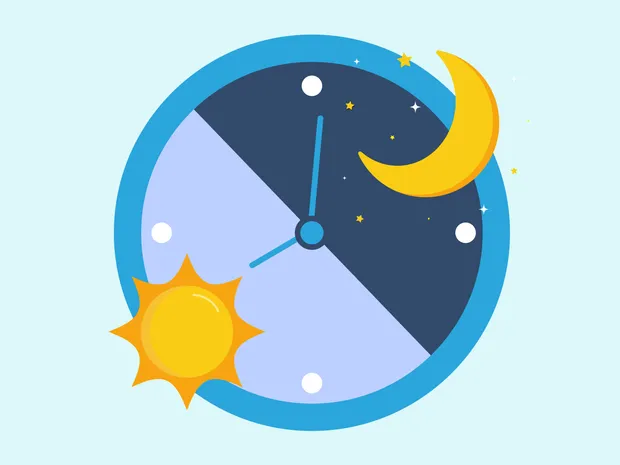
Is there a best time of day to study? It depends on the learner. Just remember to sleep and be well rested for optimal studying!
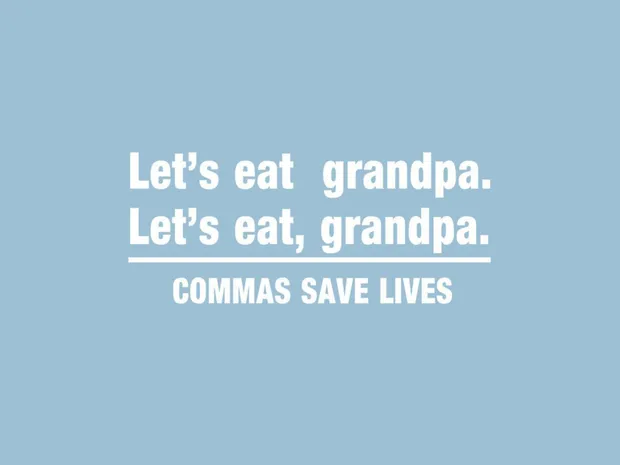
Foreign language acquisition can be tricky. Here's why you shouldn't be too strict with explicit grammar in the beginning of your language learning.
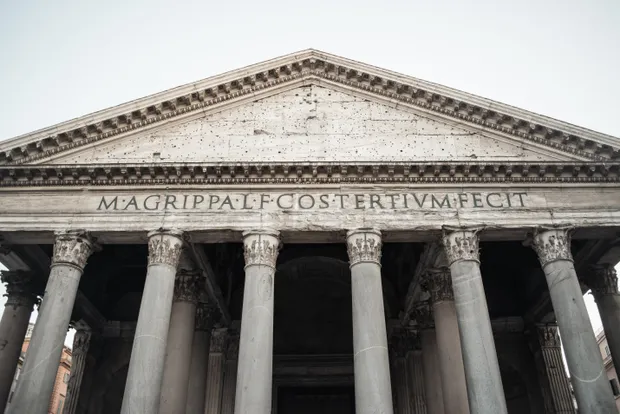
In today's college admissions environment, students look for anything to boost SAT scores. Many ask us, "Does Latin help your SAT score?" Let's find out.

Applying self-assessment practices will consistently improve your performance on subsequent tests of your knowledge. This is why.
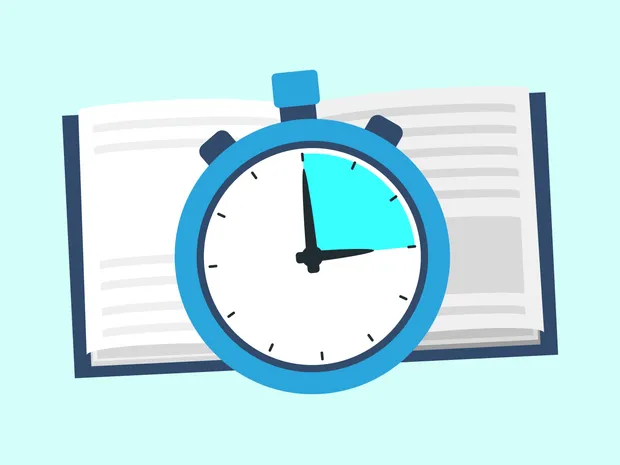
Double your consumption and retention of information with these four evidence-based methods for becoming a faster reader.
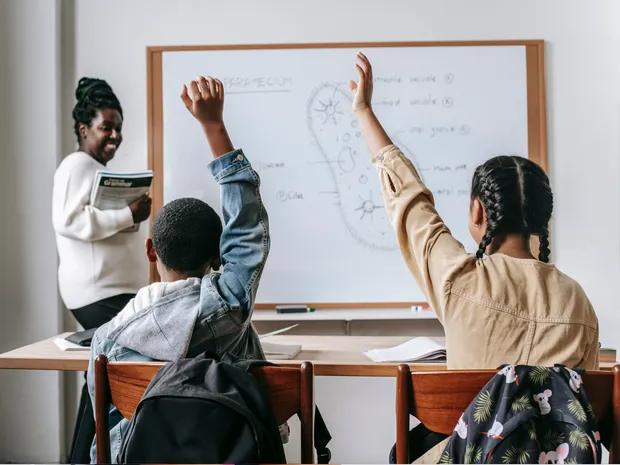
It's great that educators are trying to teach leadership in the classroom. But true leadership can only be learned by actually leading something.

Some people use drugs like Adderall illegally, hoping improve memory, focus, and overall performance. But what are the real effects of Adderall on learning?

Some people say ambient noise improves studying. Others like silence. So what's the truth? Could “distracting” noises actually help you study better?
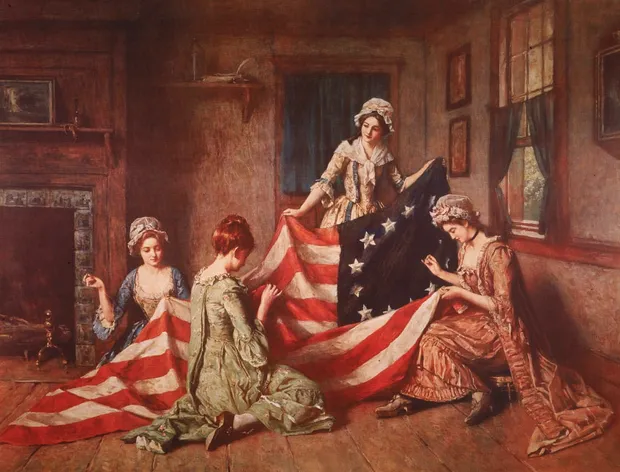
Here are some interesting facts about each of the first 13 states you might not know (and a reminder of which states were the original 13).
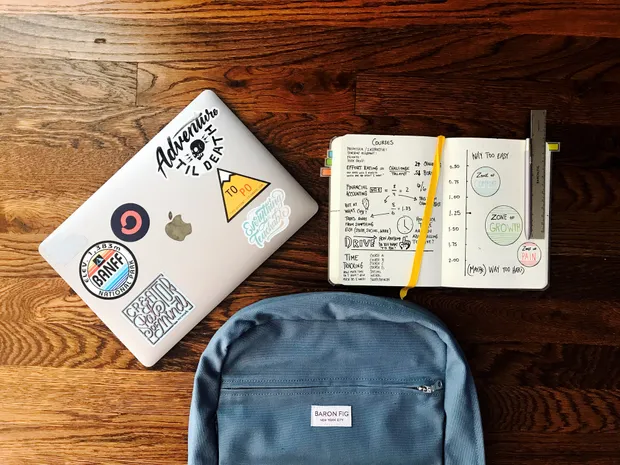
You enjoyed relaxing during the holiday season, but it couldn't last forever. Follow these 6 tips on how to get back in the groove at school or at work.

English contains a ton of words that have been adopted from other languages. Here are 20 words we borrowed from German, with translations.

Hiring employees that can learn effectively is essential for any company. Here are 3 things you can do in the interview to spot those good learners.
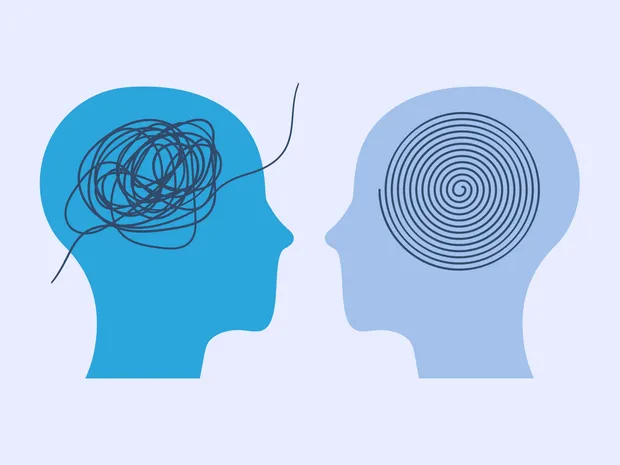
According to recent research on learning, there are two main ways that we process information. So which is better for learning—focused or diffuse thinking?

Sleeping prepares our minds for future learning: studies show that dreaming has a major influence on learning and even memory consolidation.

"Drill & practice" does not have to be a dirty phrase in education. It's up to educators to properly balance constructivism vs. behaviorism.